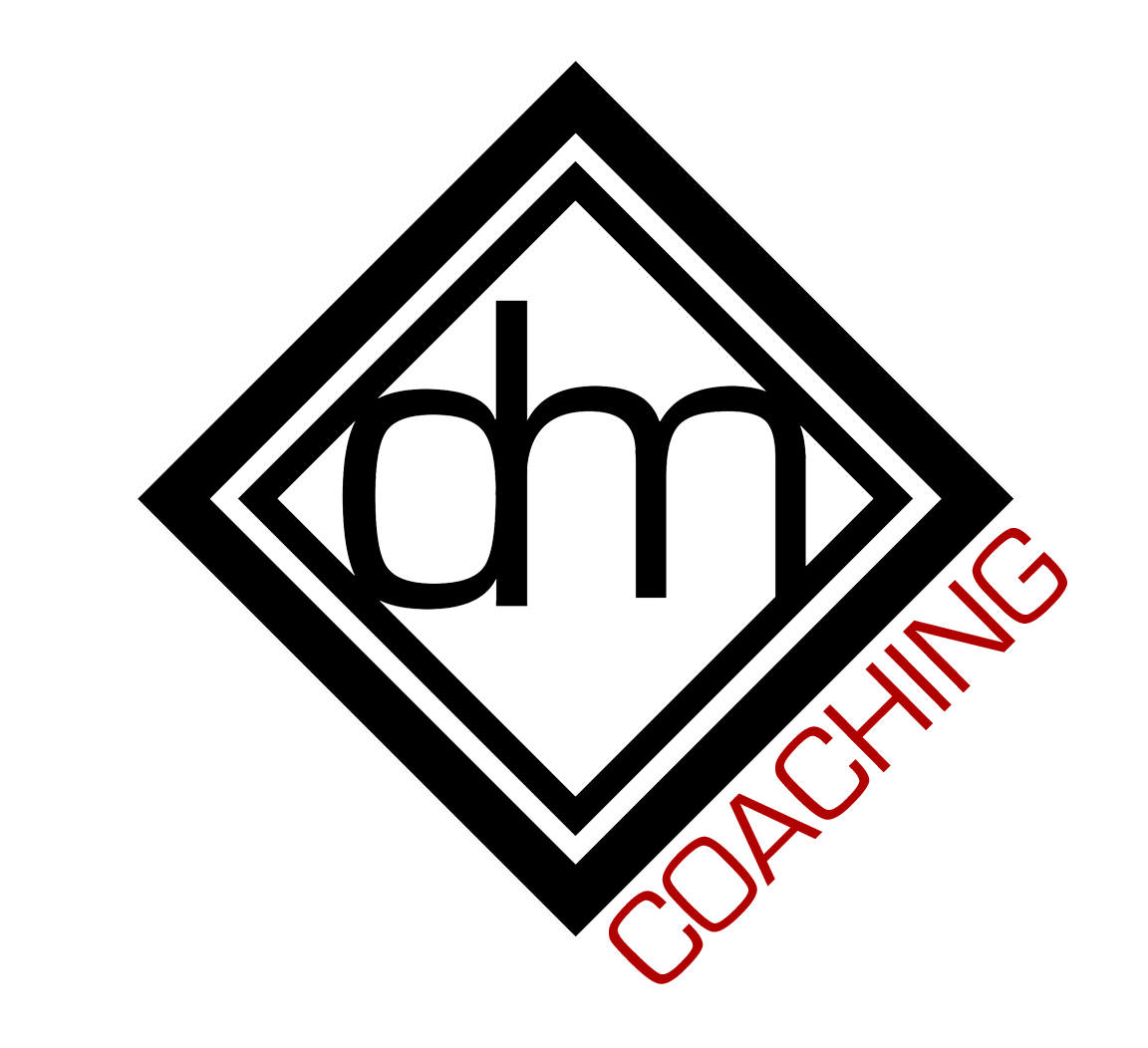We’ve reached the fourth and final domain in our Emotional Intelligence (EQ) series! So far, we’ve talked about the relationships between self-awareness, self-management, and social awareness. Now, we bring all of our new skills together into the final domain: Relationship management.
Relationship management is using the awareness you’ve gained from the other three domains to better manage interactions and relationships. Daniel Goleman describes it as concerning “the skill or adeptness at inducing desirable responses in others.”
The Relationship Management domain contains six competencies:
-
Developing others –
Sensing others’ personal development needs and supporting their unique strengths
-
Inspirational leadership –
Motivating and guiding individuals and groups
-
Change catalyst –
Identifying/initiating areas of improvement or change
-
Influence –
Persuading others (Note: not in ways of manipulation)
-
Conflict management –
Settling disagreements or misunderstandings
-
Teamwork and collaboration –
Working with multiple people toward a common goal; creating an effective and productive team environment
You might notice that a lot of these competencies are crucial to leadership; I would even go as far as saying these are the competencies we most relate to good leadership. But it’s no coincidence that this is the last domain of EQ …
In order to develop, inspire, or influence others, we first need to be able to identify how they’re feeling (social awareness); but before we can do that, we have to be able to manage our own feelings (self-management); and before all that, we have to be able to identify how we’re feeling and why (self-awareness).
Once you’ve further developed the three previous domains, you can better assess how to interact with the people around you, and achieve the best outcomes in your relationships — which is what relationship management is all about!
One important thing to note is that “management” is not the same as “manipulation.” Being in a position of leadership is one that comes with a lot of trust; we don’t persuade people in order to control them … we influence them so they can pursue the best version of themselves.
[bctt tweet="Management is not the same as manipulation." username="dukematlock"]
Do any of these competencies stick out to you? Identify your strengths and weaknesses — write them out for each of the six competencies. In what ways do you succeed and which ways do you fall short in each category? List specific examples if they come to mind.
As you list areas of improvement, think of practical ways to evaluate and improve. For example, if you know you have a hard time influencing people, you may need to take a step back and reevaluate your methods.
We’ll be talking more about that next week as we discuss how to break down these domains and competencies into practical, applicable action steps.
LIKE THIS POST?
Sign up to receive my posts via email and get a FREE copy of 21 Actions to Jumpstart Momentum!
[activecampaign form=3]]]>

